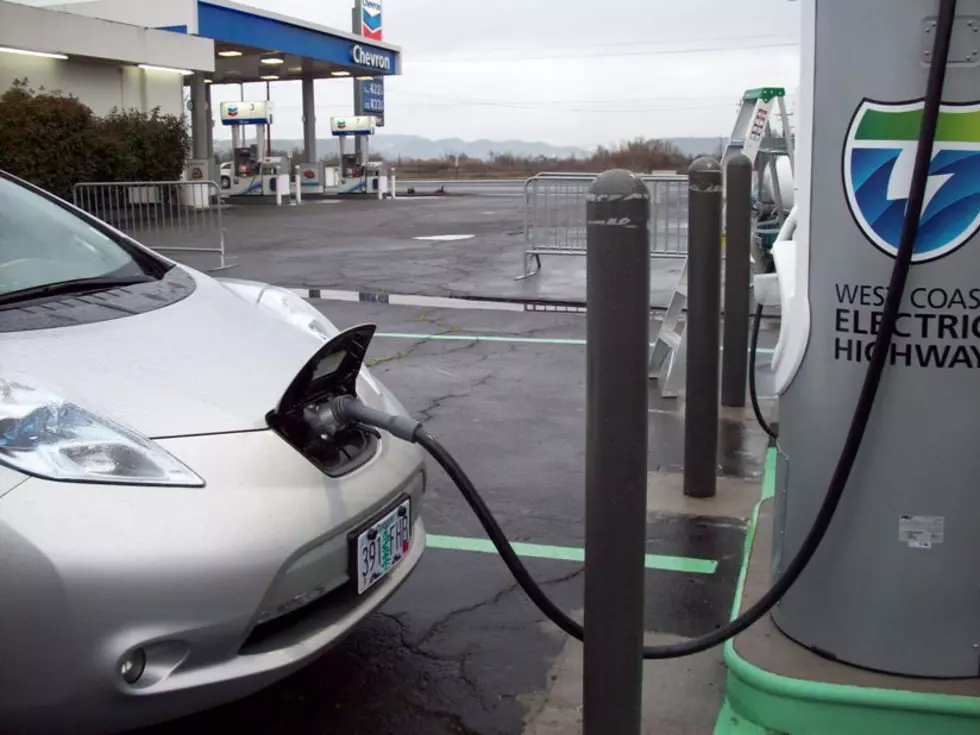
DEQ issues record fine to Lincoln City company that sold millions in fraudulent carbon credits
Alex Baumhardt
(Oregon Capital Chronicle) A Lincoln City company that builds electric vehicle charging stations defrauded the Oregon Department of Environmental Quality out of $2 million in carbon credits, according to the agency.
On Friday, it fined Thompson Technical Services, or TTS Charging, $2.7 million for falsely claiming credits through a state greenhouse emissions reductions program and selling them to a fossil fuel distributor. That is the largest fine in DEQ history. The company has 20 days to respond to DEQ and appeal the penalty.
It did not immediately respond to a request for comment from the Capital Chronicle by Friday afternoon.
Under the Clean Fuels Program, DEQ awards electric utilities and vehicle charging station providers credits for each ton of carbon dioxide they keep out of the atmosphere by powering electric vehicles with energy from renewable sources.
Those companies can then sell the credits to fossil fuel distributors, who are required by state law to lower the carbon intensity of diesel and gas they import into the state progressively over the next decade. Those fossil fuels companies can buy the carbon credits from electric utilities and companies like TTS Charging to count towards their overall emissions reductions.
In June, TTS Charging reported to DEQ that it had provided nearly 15 million kilowatt hours of electricity for vehicle charging from three stations, and DEQ awarded the company about 16,000 credits in turn. The catch? The charging stations didn’t exist.
Nevertheless, TTS Charging sold those credits for about $1.8 million to Elbow River Marketing, a fossil fuel distributor and marketer based in Calgary, Canada.
“This is an egregious violation of a program that is designed to reduce greenhouse gas emissions, which contribute to climate change,” Leah Feldon, interim director of DEQ, said in a statement.
In addition to the fine, DEQ revoked the company’s ability to participate in the Clean Fuels Program and its remaining 89 credits. The company must purchase credits to replace the 16,000 that it received from DEQ and transferred to the marketing company.
If the company complies with DEQs orders, the agency will reduce the size of the penalty, according to the news release.
“Selling fraudulent credits seriously undermines the program’s environmental benefits. This penalty is intended to encourage the violator to return legitimate credits to the market and should serve as a deterrent to anyone considering similar fraudulent behavior,” Feldon said.
